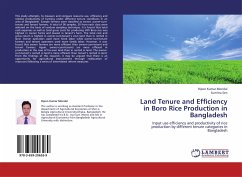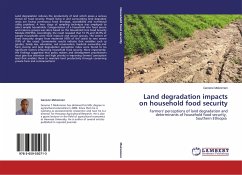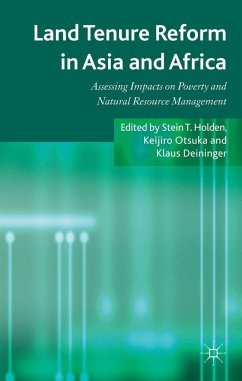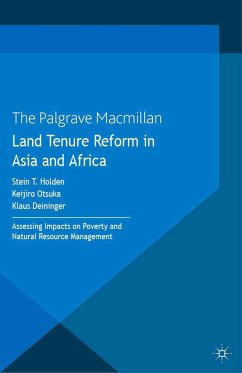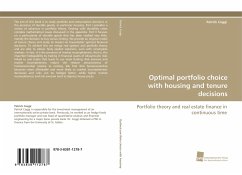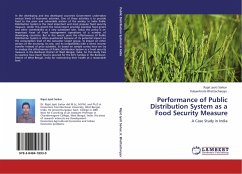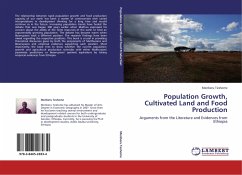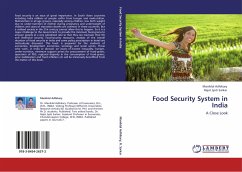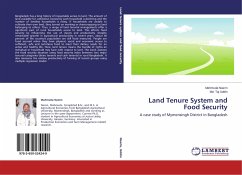
Land Tenure System and Food Security
A case study of Mymensingh District in Bangladesh
Versandkostenfrei!
Versandfertig in 6-10 Tagen
36,99 €
inkl. MwSt.

PAYBACK Punkte
18 °P sammeln!
Bangladesh has a long history of inequitable access to land. The amount of land available for cultivation owned by each household is declining and the number of landless households is rising. If households are unable to cultivate their own land, they turned on working or sharecropping on land belonging to others. Thus, a range of land tenurial arrangements offer a significant part of rural households access to land. This affects food security by influencing the use of inputs and productivity. Despite remarkable growth in agricultural productivity in recent years, about 40 percent of the countr...
Bangladesh has a long history of inequitable access to land. The amount of land available for cultivation owned by each household is declining and the number of landless households is rising. If households are unable to cultivate their own land, they turned on working or sharecropping on land belonging to others. Thus, a range of land tenurial arrangements offer a significant part of rural households access to land. This affects food security by influencing the use of inputs and productivity. Despite remarkable growth in agricultural productivity in recent years, about 40 percent of the country's population are still food insecured. People are food secured when they have physical, social and economic access to sufficient, safe and nutritious food to meet their dietary needs for an active and healthy life. Here, land tenure means the bundle of rights an individual or household may have with respect to land. This book assesses the food security situation using food security index between two major tenurial categories (share tenants and cash tenants) in rural Bangladesh. It also measures the relative productivity of farming of tenant groups using multiple regression model.



